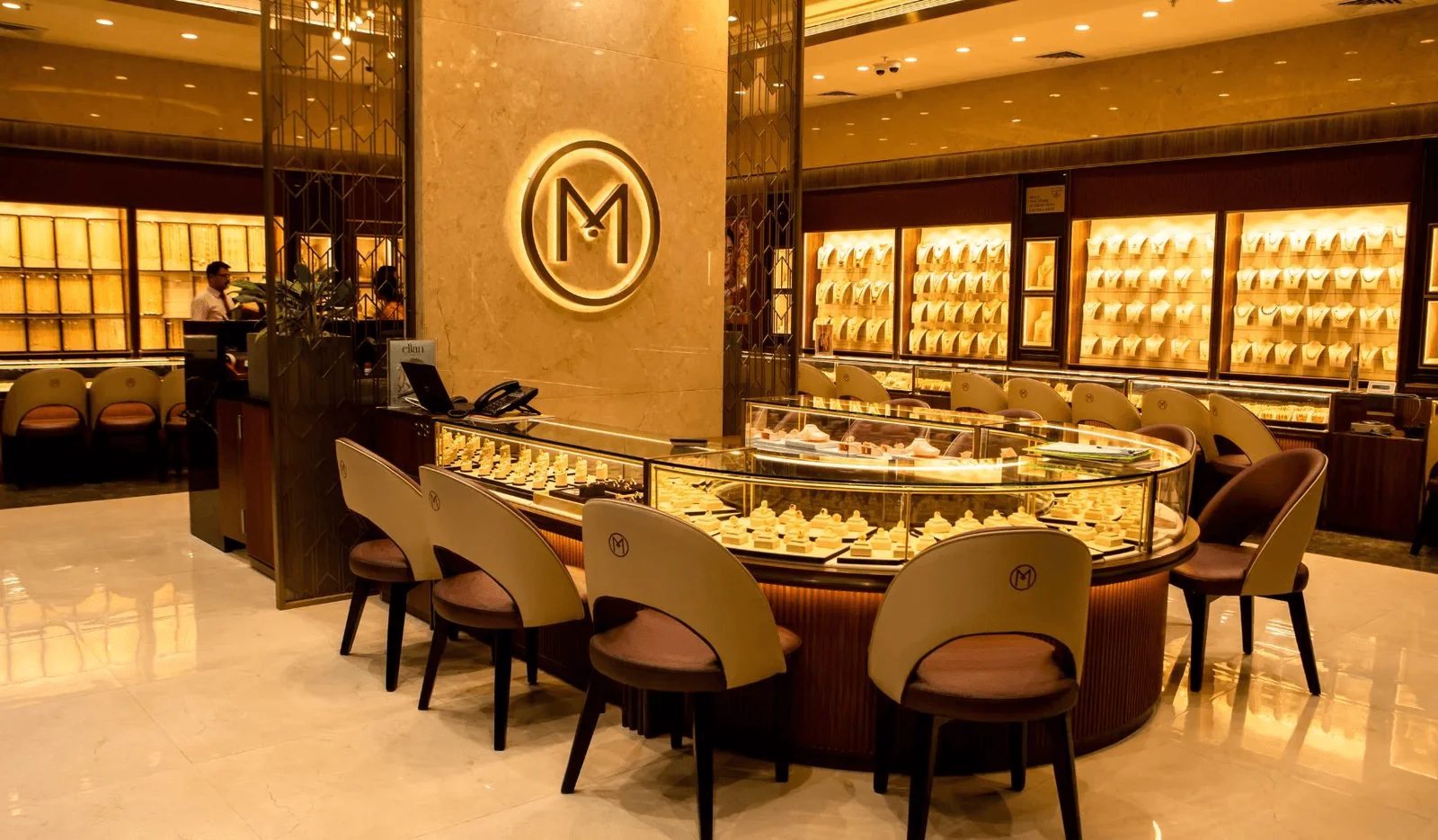Dhanteras is one of the most lucrative seasons for jewellery retailers in India. As millions prepare to buy gold and silver for prosperity, Malabar Gold & Diamonds faced unexpected turbulence. The spark: its association with Alishba Khalid, a London-based Pakistani Instagram influencer, who had been invited to a showroom opening abroad. The timing, just ahead of the festival, magnified scrutiny and backlash.
Social media users unearthed Khalid’s earlier posts criticizing India’s military actions, describing them as “cowardly” and accusing the country of hypocrisy. Her deletion or archiving of those posts did not quell the fire.
Malabar responded by distancing itself—claiming the engagement was via a third-party agency, not a long-term campaign, and blacklisting that agency after the controversy surfaced. At the same time, Malabar moved the Bombay High Court for protection, listing about 442 URLs it deemed defamatory and seeking removal of content labeling it a “Pakistan sympathizer.”
Only Two Weeks Left: FCRF Invites Enrolment for Certified Cyber Law Practitioner (CCLP) Program
Anatomy of the Statement That Triggered Outrage
The core of the controversy lies in a few pointed social media posts by Khalid. She reportedly wrote:
“Shame on you, India! Killing the innocent isn’t strength, it’s pure cowardice…”
“The world’s largest democracy has shown the greatest hypocrisy … Pakistan Zindabad.”
She also addressed her Indian followers, saying she “cared about country, people, standing on the right side of history” and admonishing influencers who remained silent to protect their Indian audience.
Critics translated those lines into political provocation, especially given the volatile India-Pakistan relations and the recent Operation Sindoor, a military action against terror installations in the Pahalgam region. For Malabar, the risk was reputation. For consumers, it became a symbolic statement on brand values and national identity.
The Legal Battlefield and the Court’s Response
The Bombay High Court, responding to Malabar’s petition, ordered the removal of social media posts that defamed the brand as a “Pakistan sympathiser.” The court also restrained further publishing of such content pending resolution. Judge Sandeep Marne ruled that the company had shown sufficient cause for an ad-interim injunction. The judgment compels platforms like Meta, X, Google to take down specific URLs cited in the petition and to prevent further propagation of allegedly defamatory material.
However, the relief is provisional; the case’s deeper merits—freedom of expression, public discourse, and brand protection—remain unresolved.
A Moment in the New Age of Brand Risk
Brands today operate in a highly polarized media ecosystem—where dormant social media posts can resurface and cascade into reputational crises. In that sense, Malabar’s situation is hardly unique. But the stakes here are magnified by national sentiment.
For many consumers, brand ethics now extend into geopolitics. A jewellery label is not just a marketplace—it becomes a symbol of identity, patriotism, or betrayal, depending on how connections are perceived.
From a corporate risk perspective, this episode underscores the need for stricter due diligence in influencer onboarding, especially across national boundaries. It also amplifies the blurred lines between cultural diplomacy, commerce, and activism. As the legal fight plays out, the public will watch whether Malabar can rebuild trust or whether the backlash will endure into its festive season.



